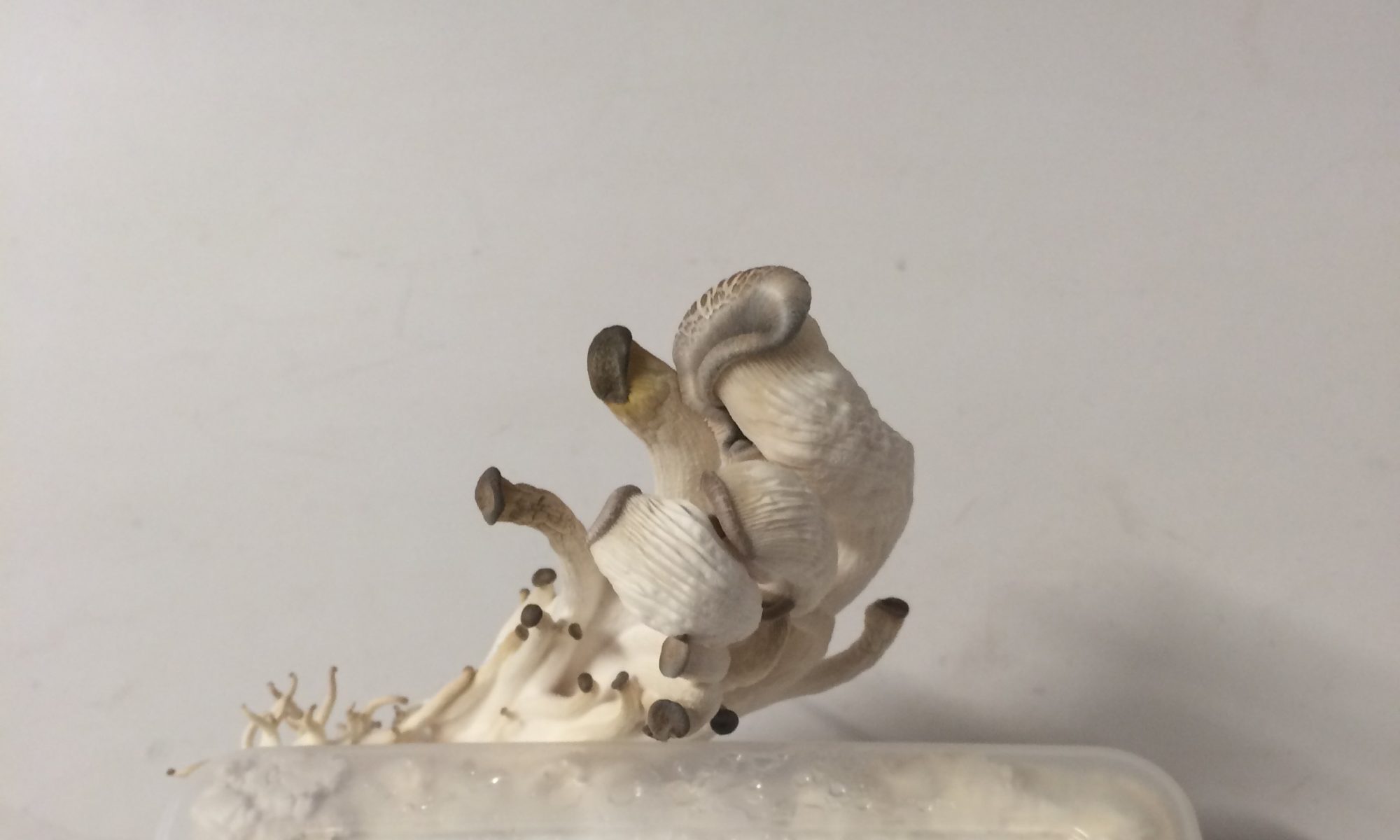The jumps are so crazy – ours and China’s.
Obama has agreed to go to Copenhagen – albeit on the front end of the talks. Breeze through and set the bar?
I don’t mean to sound so dubious, but the stalemate between China and us is already nearly set, with smaller countries caviling about why they should have to share a commensurate burden when they did so little to contribute to the current state of things. I get it, but also think we need to be way past whining about how unfair it all is, and make a new program. Easy for me to say…
But there IS a stall – good recap of the conflicts here at Global Change. Excerpt:
- India’s environment minister, Jairam Ramesh, says the negotiations are unlikely to go anywhere unless wealthy nations embrace more ambitious emissions reductions and promise more money to help developing countries cope with climate change.
- China, the world’s largest emitter, is moving forwards with aggressive energy-efficiency targets and renewable-energy mandates — but has yet to pledge binding commitments or agree a date to level off its explosive emissions growth…
- To achieve a solution, developed countries must show leadership in Copenhagen. They should promise cuts equal to, or deeper than, 40% for 2020. If the Annex I parties are unwilling or unable to do this, the rest of the world would be discouraged from taking serious action. A more likely outcome in Copenhagen would be a statement that the world intends to limit global warming to 2 °C by 2050. Emission reductions and mitigation actions for individual parties will have to be specified later.


